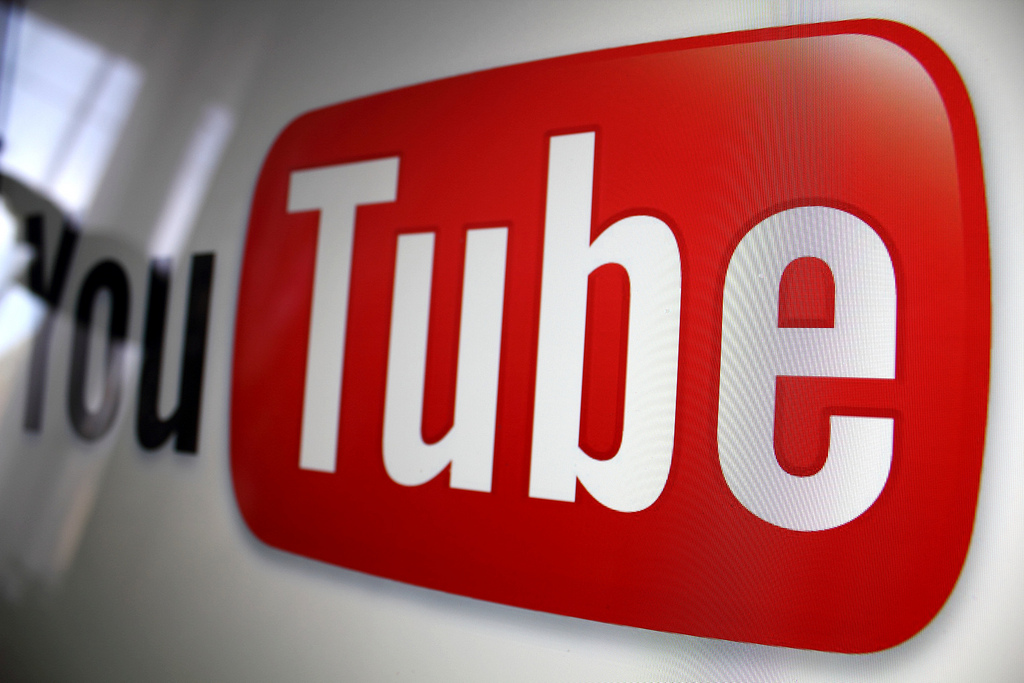The paper also demands that producers and publishers inform authors and performers on amount of profit derived from their works, reports BBC News.
Representatives of the music industry have long criticized YouTube, the leader in online video distribution. The right holders are convinced that the website pays too less for the content placed on the hosting.
The EC has not yet specified exactly how it would be possible to influence video hosting websites so that they started to paid more to right owners.
Earlier, more than a thousand artists, including Lady Gaga and Coldplay, put their signatures on a petition. They called on the European Commission to take into account the problem of deductions from the use of music. The authors believe that they could be paid more.
YouTube, which hosts videos and audio recordings, earns on advertising, and then shares the profits with owners.
According to MIDiA Research, last year was a record for video hosting YouTube and music video website Vevo in the number of video views. In 2015, this figure rose by 132% year over year to $ 751 billion. However, amount of deductions that YouTube made to providers of licensed content, increased during this period only by 15% to $ 740 million.
As noted in MIDiA Research study, one of the reasons for this is that YouTube, unlike Spotify music service, pays rights holders not for every view of video on their website, but just allocates some of revenue from advertising in these videos. Last year, the advertising market was not doing well, and YouTube advertising revenue fell, which, in turn, reflected in royalties to record companies. With reference to data from the International Federation of the Phonographic producers, MIDiA Research reports that size of the charge for each video in the past year decreased from $ 0,002 to $ 0,001. If this hadn't happened, the record companies could get from YouTube additional $ 755 million.
As noted in the research analyst Mark Mulligan of MIDiA Research, «YouTube is primarily an advertising business. However, the record companies are not accustomed to be paid depending on level of profitability of services." So, YouTube and Vevo, which works with the owners in the same way, transferred 55% of their income to the record companies, and Spotify last year - 83%.
source: bbc.com, ft.com
Representatives of the music industry have long criticized YouTube, the leader in online video distribution. The right holders are convinced that the website pays too less for the content placed on the hosting.
The EC has not yet specified exactly how it would be possible to influence video hosting websites so that they started to paid more to right owners.
Earlier, more than a thousand artists, including Lady Gaga and Coldplay, put their signatures on a petition. They called on the European Commission to take into account the problem of deductions from the use of music. The authors believe that they could be paid more.
YouTube, which hosts videos and audio recordings, earns on advertising, and then shares the profits with owners.
According to MIDiA Research, last year was a record for video hosting YouTube and music video website Vevo in the number of video views. In 2015, this figure rose by 132% year over year to $ 751 billion. However, amount of deductions that YouTube made to providers of licensed content, increased during this period only by 15% to $ 740 million.
As noted in MIDiA Research study, one of the reasons for this is that YouTube, unlike Spotify music service, pays rights holders not for every view of video on their website, but just allocates some of revenue from advertising in these videos. Last year, the advertising market was not doing well, and YouTube advertising revenue fell, which, in turn, reflected in royalties to record companies. With reference to data from the International Federation of the Phonographic producers, MIDiA Research reports that size of the charge for each video in the past year decreased from $ 0,002 to $ 0,001. If this hadn't happened, the record companies could get from YouTube additional $ 755 million.
As noted in the research analyst Mark Mulligan of MIDiA Research, «YouTube is primarily an advertising business. However, the record companies are not accustomed to be paid depending on level of profitability of services." So, YouTube and Vevo, which works with the owners in the same way, transferred 55% of their income to the record companies, and Spotify last year - 83%.
source: bbc.com, ft.com





